By Jessica Johnson, Academic Coordinator and Sofia Jamieson, Student, CLE Monterey
 Sofia (Sofie) Jamieson is finishing up her first academic year with CLE. She is attending Monterey Peninsula College where she is working toward an AA-Transfer degree in Anthropology with plans to transfer to Cal State Monterey Bay to earn her Bachelor’s degree. Despite being in the middle of finals, she sat down with me to talk about her experience as a person with Cerebral Palsy and reflect on how our communities interact with people who have disabilities.
Sofia (Sofie) Jamieson is finishing up her first academic year with CLE. She is attending Monterey Peninsula College where she is working toward an AA-Transfer degree in Anthropology with plans to transfer to Cal State Monterey Bay to earn her Bachelor’s degree. Despite being in the middle of finals, she sat down with me to talk about her experience as a person with Cerebral Palsy and reflect on how our communities interact with people who have disabilities.
The responses have been edited by Sofie and myself for clarity and brevity.
Why do some people feel the need to apologize for learning differences to neurotypicals?
The general public has significantly less understanding of how disabilities impact people. No matter how many times you mention it, or talk about it, they may never get it. They may be able to understand a little bit or have a surface-level knowledge or understanding about disabilities, but they never really know how it affects people every day.
Because of this, people might feel bad about how others react to learning that they have a disability, especially since sometimes people don’t present as having a disability. With me, it’s more apparent because of my walker. I don’t have to tell people I have a disability to get treated differently or be pitied by someone. Nevertheless, I think that many people with disabilities don’t want to feel like a burden on others or feel like they need to be given special treatment.
What are the effects of this?
You often feel stuck, or you feel odd. Most people will never understand because they’re not in your shoes, and as much as you might want to tell some people that you need something, you may feel uncomfortable because you feel like you are burdening them or bothering them. Eventually, though, you learn that most people are there to help you, and you often won’t get what you want unless you speak up for yourself.
I have felt this ‘stuck’ feeling my whole life; wherever I go, my walker draws attention. For example, I hate commuting. Getting in and out of any moving thing is such a hassle. Most people can just get out of a car, but I have to unfold my walker, etc., and it makes me feel slower. When friends ask if I want to hang out with them, I have to bring the walker. There is never enough room on the bus for it, so there are only a limited number of spots where I can sit. And of course, there are the stares (not stairs; but, yes, also stairs). I find myself feeling bad that I have to bring the walker, even though I need it.
People – peers as well as complete strangers – will still sometimes come up to me and ask me very direct questions like, “Why can’t you do this?” “Do your legs hurt?” “Can you feed yourself?” When I was younger, people used to talk to me in a baby voice or talk to the people around me instead of directly to me. Adults often assume that because I have Cerebral Palsy, I also have Asperger’s or autism. All of this is bothersome, but as I’ve gotten older, I’ve learned to brush it off.
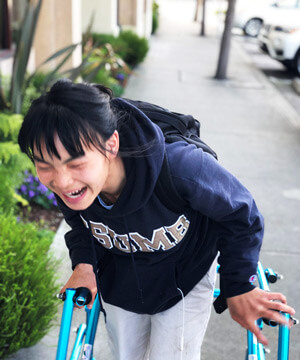 For the longest time, I was very insecure and felt like I was putting myself on display. Having a visible difference can make it hard to be open about myself with people I don’t know because I often feel people staring at me. That is a main reason why CLE has been such a big help to me. In public, I feel like I have to wear a mask, but at CLE, I feel like I can be myself.
For the longest time, I was very insecure and felt like I was putting myself on display. Having a visible difference can make it hard to be open about myself with people I don’t know because I often feel people staring at me. That is a main reason why CLE has been such a big help to me. In public, I feel like I have to wear a mask, but at CLE, I feel like I can be myself.
All the perks.
I get priority everything!!
At the airport, they have me skip the line and go through another security checkpoint. At amusement parks, they have me go through a side door and I get to ride twice without getting back in line. At restaurants, the hostess will offer me a seat even when I tell them I’m comfortable sitting on my walker.
It’s nice, but also kind of funny, because people will go so far out of their way to make sure I’m comfortable. Like, they’ll stare at me like I’m an alien, but also treat me like a princess. You definitely take advantage of the perks when they’re available to you. Sometimes I have to tell people to back off, but most of the time it’s nice.
There’s always a bright side to everything!

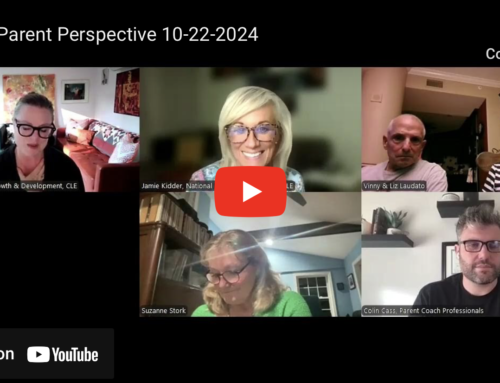

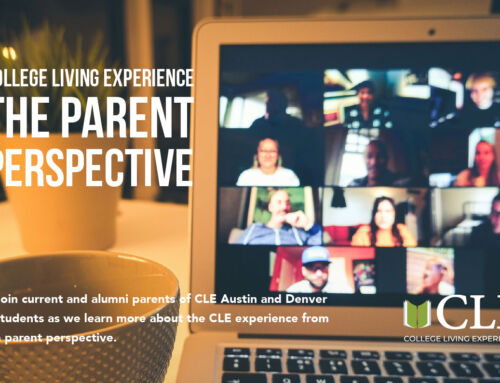
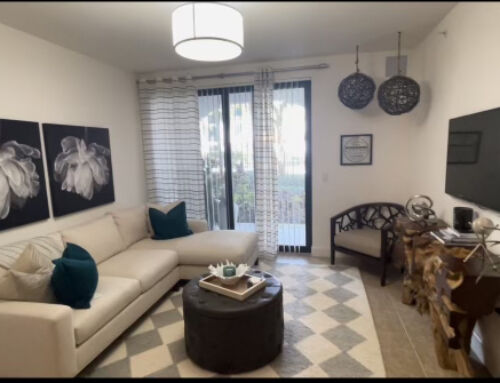
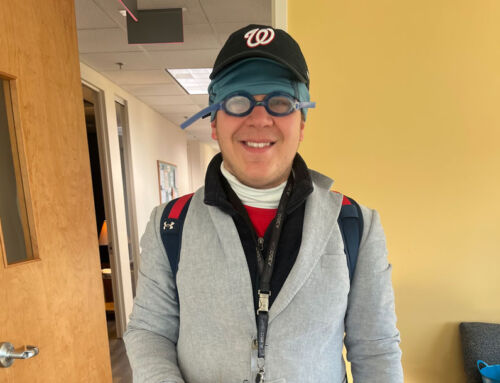

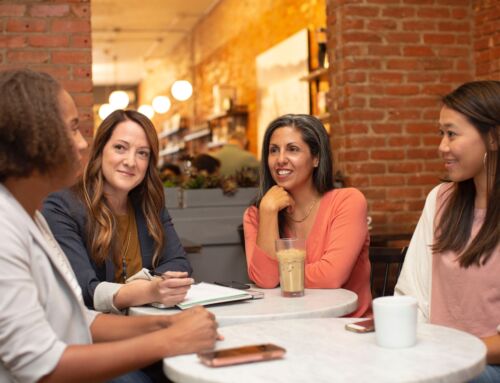
Sofia…..You expressed yourself so well. It is extremely important that you represent persons with physical limitations to enlighten the rest of us. You add such value to our world! So proud of you!
Judy Barbata (Aunt Christine’s friend)